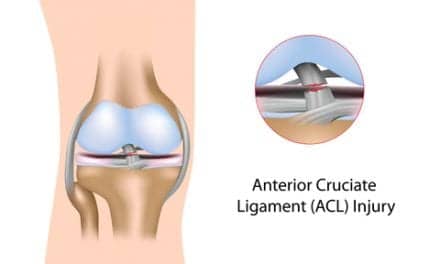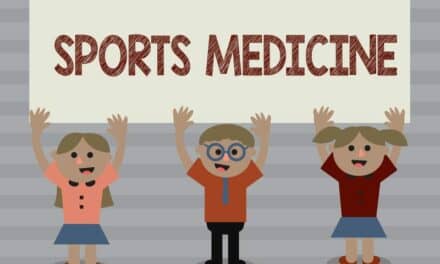Regular physical activity may boost the effectiveness of the COVID-19 jab, with the level of protection afforded against serious infection rising in tandem with the amount of physical activity done, suggests research published online in the British Journal of Sports Medicine.
There’s now convincing evidence that regular physical activity helps ward off the consequences of serious COVID-19 infection, reducing the risk of hospital admission, intensive care, assisted ventilation or death. Similarly, vaccination also minimises these risks.
Previously published research on the additive effects of this activity on vaccination against various infections, suggests that it enhances the body’s antibody response, but it’s not known if this might also apply to SARS-CoV-2, the virus responsible for COVID-19 infection.
To try and find out, the researchers drew on anonymized medical records, and wearable activity tracker data for healthcare workers belonging to a medical insurance scheme as well as a health promotion and behavioral change program.
Participants were mapped to exercise categories using their average monthly levels in the 2 years preceding the start of the study: under 60 minutes of a week (low); at least 60-149 minutes (medium); and 150 minutes + (high).
COVID-19 swab test results were analyzed for 53,771 participants with low levels, 62,721 with medium levels, and 79,952 with high levels.
Complete health, COVID-19 vaccination (mid-February to end of October 2021; Jannsen Ad26.COV2.S COVID-19) and physical activity data were obtained for 196,444 adults who tested negative for SARS-CoV-2.
Vaccine effectiveness against COVID-19 among fully vaccinated people in the low exercise category was 60%. In other words, the risk of hospital admission was reduced by 60% in this group.
Comparable risk reductions for those in the medium and high groups were, respectively, 72% and 86%.
Those who were fully vaccinated and who clocked up high weekly levels of physical activity were nearly 3 times less likely to be admitted to hospital than those who were vaccinated but in the low physical activity category.
Similarly, those in the medium physical activity category were nearly 1.5 times less likely to be admitted to hospital with COVID-19 infection.
“The findings suggest a possible dose–response where high levels of physical activity were associated with higher vaccine effectiveness,” write the researchers.
“This substantiates the WHO recommendations for regular physical activity—namely, that 150–300 mins of moderate intensity physical activity per week has meaningful health benefits in preventing severe disease, in this context against a communicable viral infection.”
This is an observational study, however, and as such, can’t establish cause. The results may not be generalizable to other populations, virus variants, or other types of COVID-19 vaccine, acknowledge the researchers.
And exactly how physical activity enhances vaccination isn’t fully understood, they explain, “but may be a combination of enhanced antibody levels, improved T cell immunosurveillance, and psychosocial factors,” they suggest.
Mitochondria, the energy powerhouses of cells, have a particularly important part in immunity, they add. Physical activity helps maintain mitochondrial quality, facilitating repair or elimination of damaged mitochondria and promoting the growth of new ones, they point out.
“Public health messaging should encourage physical activity as a simple, cost-effective way of enhancing vaccine effectiveness to mitigate the risk of severe COVID-19 illness requiring hospital admission,” they conclude.
[Source(s): BMJ, EurekAlert]





